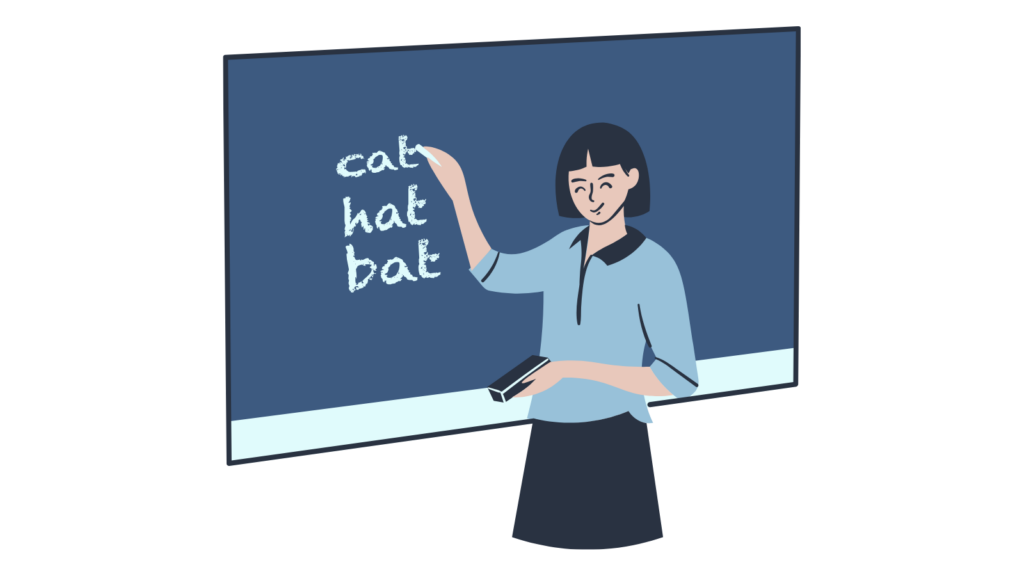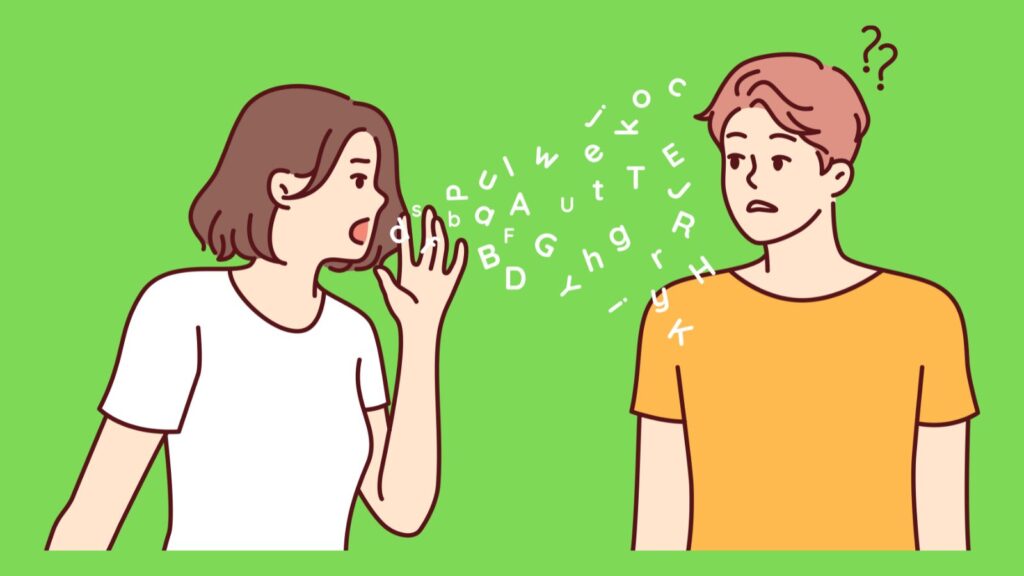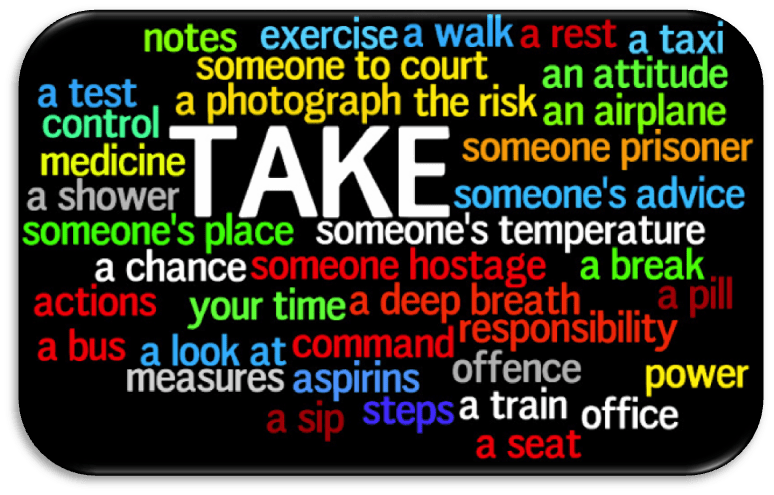TH Sounds in English – What Does the Future Hold?

TH Sounds in English – What Does the Future Hold? The TH-sounds /θ/ and /ð/ (dental fricatives) can be challenging for English language learners to master if their native language […]
How to Use Poems in EFL Teaching

How to Use Poems in EFL Teaching This is an example of how to use a popular poem to engage students and improve pronunciation using old-fashioned but effective drilling. Benefits […]
Concept Checking Questions – Yes or No?

Concept Checking Questions – Yes or No? Who calls for greater adherence to the principles of Communicative Language Teaching I wish to show that the Yes/No Concept Question, by the […]
The Lexical Approach – A Beginners’ Guide

The Lexical Approach – A beginners Guide The term “teaching lexically” was coined by Hugh Dellar and Andrew Walkley, coursebook writers (Innovations, Outcomes) and teacher trainers (LexicalLab), who have proudly taken over from the […]
Teaching IELTS Speaking: Tips and Tricks

Teaching IELTS Speaking: Tips and Tricks Recently, IELTS has become one of the major language tests worldwide. As a result, markets have appeared, both virtually and in the physical world, […]
Punctuation in ESL – Why It Matters

Punctuation in ESL – Why It Matters A Quiz Can you match these eight sentences to their writers’ L1s? They were all written by either an Arabic, Chinese, Polish or […]
Pronunciation in ESL – Why It Should Be Top Priority

Pronunciation ESL – Why It Should Be Top Priority As a second language learner, I spent 20 weeks in ELICOS classrooms in two different institutions but out of those 400 […]
Applying Learning Theories: A Case Study in Mexico City

Applying Learning Theories: A Case Study in Mexico City How can we identify our teaching based on different learning theories? English (as a Second Language) Teachers have acted as facilitators […]
Teaching Low-Level Learners ESL Using Authentic Materials

Teaching Low Level Learners ESL Using Authentic Materials A 1-2-1 student of mine has just passed his (Hungarian B2 CEFR level) matura exam, in which he got 85%. What is […]
Collocations Lesson – How to Teach

Collocations Lesson – How to Teach In my previous article for EFLmagazine.com, Taking a Chunk out of Vocabulary: Using Collocations (2015), I examined what collocation is and the benefits of […]
